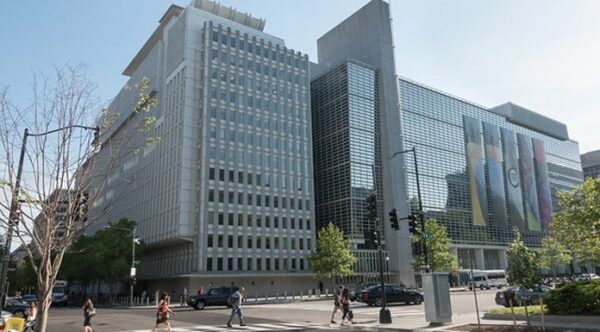The World Bank has approved $250 million in financing for Morocco to support the implementation of its social protection reform. This initiative aims to strengthen the effectiveness of the system by improving access and distribution of cash transfers, while expanding social benefits for vulnerable households, according to a statement released on Thursday, June 19.
This new financial support is in line with the direct social assistance program launched in December 2023 by the Moroccan government, which is an essential component of the national social protection reform. By March 2025, this program was already benefiting over 3.9 million households.
The project supported by the World Bank aims to strengthen the capacities of the National Agency for Social Support (ANSS), responsible for implementing the program, by facilitating access for poor and vulnerable populations to financial assistance. It also includes better socio-economic support, through access to social services and productive economic inclusion mechanisms.
In its statement, the Bretton Woods institution emphasizes that Morocco has made significant economic and social progress over the past two decades, largely due to reforms in the social protection sector. These reforms have improved the standard of living for the population and expanded access to essential services.
However, challenges persist, including high unemployment rates, low female participation in the labor market, and increased vulnerability to external shocks such as drought or inflation. Despite this context, Morocco remains committed to inclusive and resilient growth, especially in rural and isolated areas.
The Moroccan authorities aim to strengthen human capital development while improving economic inclusion and climate resilience for vulnerable populations. The project adopts a results-based and citizen-centered approach, aiming to provide immediate support while promoting long-term investment in human capital through optimizing public spending and encouraging employment.
According to Ahmadou Moustapha Ndiaye, World Bank Director for the Maghreb and Malta, “Morocco has demonstrated strong resilience in the face of multiple challenges, with a poverty rate estimated at 3.8% in 2022. Although inequalities persist, it is possible to strengthen social protection networks to enable households to invest in human capital, seize economic opportunities, and better cope with shocks, especially in regions exposed to climate stress.”
He also emphasized that, thanks to the innovative features of the direct social assistance program, the project aims to promote access to employment and healthcare, especially for women and youth, to encourage their active participation in the economy.


